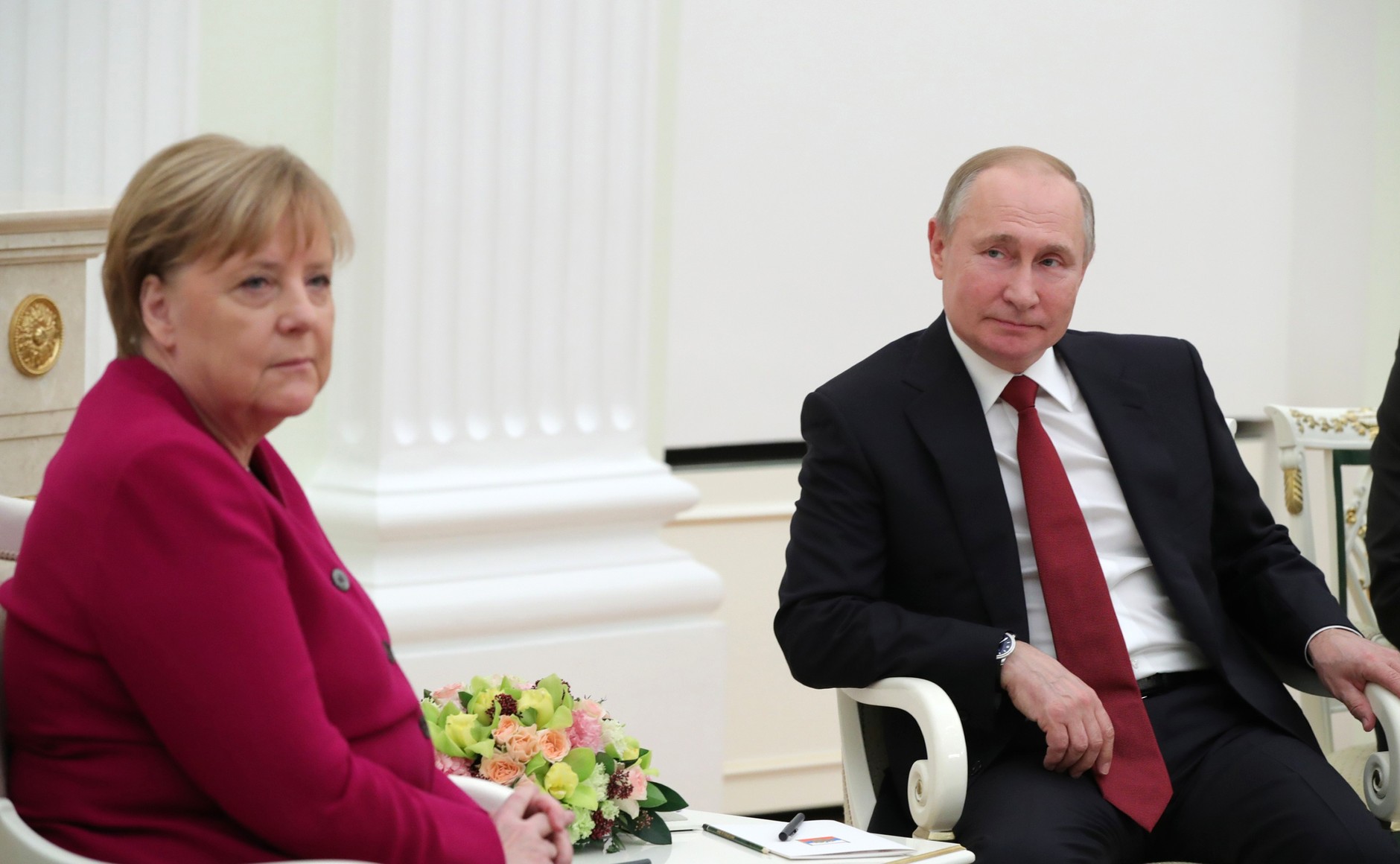Who are the analysts who beat the snores of Merkel and Schroeder in Germany

The analyzes of the experts in Germany on the war in Ukraine and on the foreign policy strategies of the German government. Pierluigi Mennitti's article from Berlin
Ninety-nine experts from Eastern Europe abandon the neutral ground of studies and take the field for a new German policy towards Russia, through a manifesto published in the media and on social media. It was signed by university professors and researchers, historians, publicists, directors of think tanks and foundations and also former foreign ministers, such as the Polish Radek Sikorski (who is also the husband of the American historian Anne Applebaum) and Markus Meckel, minister of the last government of the GDR (the only one voted in free elections after the fall of the Berlin Wall). They represent the backbone of the Central European intelligentsia, and in particular the German one, as far as studies on Eastern Europe are concerned.
Theirs is above all an indictment of German politics, which decrees the failure of Ostpolitik in the version reformulated first by Gerhard Schröder and then by Angela Merkel in the last two decades. A policy based "on the hope of attenuating Moscow's growing neo-imperialist ambitions with a combination of intense diplomacy, contractual integration and multiple commercial relations". Germany, the signatories continue, has deliberately underestimated Russian actions in Moldova, Georgia and Ukraine (2014), signing in 2015, i.e. a year after the annexation of Crimea and the pseudo civil war in Donbass, the agreement for the deposit on the bottom of the Baltic Sea of the Nord Stream 2 pipes.
A resolute EU reaction in 2014 could have avoided the worst, the authors of the manifesto still denounce, but Europe listened to the government of Berlin and not those of eastern nations such as Poland and the Baltic countries which, strengthened by their direct experience with Moscow, "distrusted Putin's credibility and suggested a more realistic policy towards Russia".
They might seem like hindsight judgments. But it is enough to re-read what the bimonthly Osteuropa, a specialist publication on Eastern Europe, wrote in August last year, in the issue dedicated to the arc of crises composed of Russia, Belarus and Ukraine: "Putin threatens Ukraine (and the EU) with a new war ". Putin and Lukasenka need repression, crises and warlike threats like air to breathe, added director Manfred Sapper. “Those who choose to resist enter a field where these ruthless regimes have their strength. Anyone who thinks of bringing them back to reason with dialogue does not understand their nature. Now we need the old tools of the toolbox of international politics: a sober analysis of interests, a realistic assessment of forces, far-sighted action, objective tone and coherence in action ”.
The analyzes of the main German foreign policy think tanks had been clear for some time, even of those usually listened to by the political world. But the government was unwilling or unable to listen to them. In the outline of the new executive's program, almost entirely focused on the internal challenges of the ecological transition and digitalization, there was no mention of any change of pace, not even the slightest one, in international politics, which for Germany also and above all means trade policy. Even more thorny issues such as Nord Stream 2 (always opposed by the Greens) had been put under the radar, in the certainty that Realpolitik would in time soften the ecological resistance. Until the end, Olaf Scholz had repeated the Merkelian mantra: the pipeline is an economic project, not a geopolitical one.
Today the DGAP, the German Society for Foreign Policy, perhaps the main institute that advises German governments on foreign affairs, presents the bill. And it targets Russian strategic interests in the Baltic area, believing the threats of nuclear escalation to be realistic. In short, a tombstone on the German Ostpolitik which requires us to go all the way in rethinking relations with Russia and to invest in security and defense through a rearmament policy. "There is a need for a cultural and mental change", wrote Stefan Meister, an expert on Eastern Europe for the Dgap, "Germany must understand that the post-Cold War is over and that the war has returned to Europe with all the consequences. Putin has no limits, he is able to treat and bomb at the same time, Ukraine is only the beginning ”.
Even the Stiftung Wissenschaft und Politik (Science and Politics Foundation, SWP) now considers the European peace order inherited from the end of the Cold War destroyed: "With the attack on Ukraine, Putin has created a new geostrategic situation". In the immediate war scenario, the Berlin think tank urges Western countries to be cautious: “As the problems of Russia's conventional warfare worsen, Putin may feel more and more cornered and tempted to rattle the nuclear saber more. The West must carefully observe these developments, but must avoid falling into Putin's escalation game ”.
As for Ukraine, Kai-Olaf Lang, Senior Fellow of the SWP and Piotr Buras, director of the Warsaw office of the European Council on Foreign Relations advise the German government to take a further step in the EU: Ukrainian membership in the Union it is distant in time, but beyond the symbolic gesture of announcing it, it is possible to offer Kiev "rapid integration into the common market, in the form of its entry into the economic space of the EU". A hypothesis that the two experts suggest extending also to Moldova, Georgia and the Western Balkans: "This would involve closer ties with the EU than is possible with the current association agreements".
This is a machine translation from Italian language of a post published on Start Magazine at the URL https://www.startmag.it/mondo/germania-politica-estera-critiche/ on Tue, 22 Mar 2022 13:35:21 +0000.
